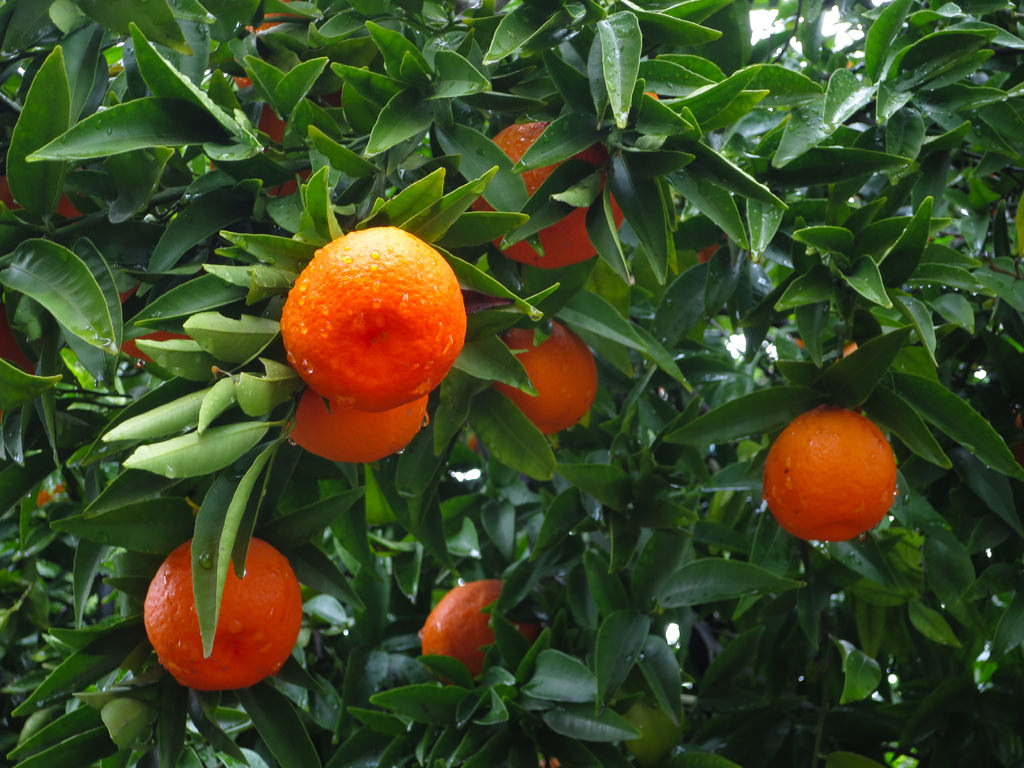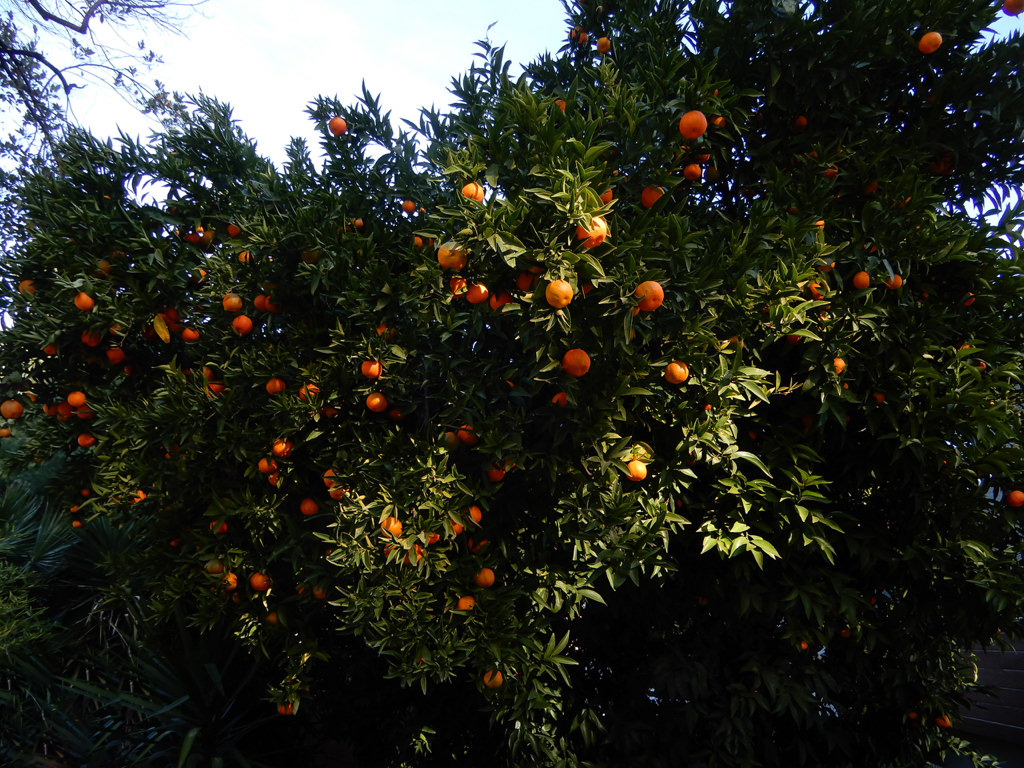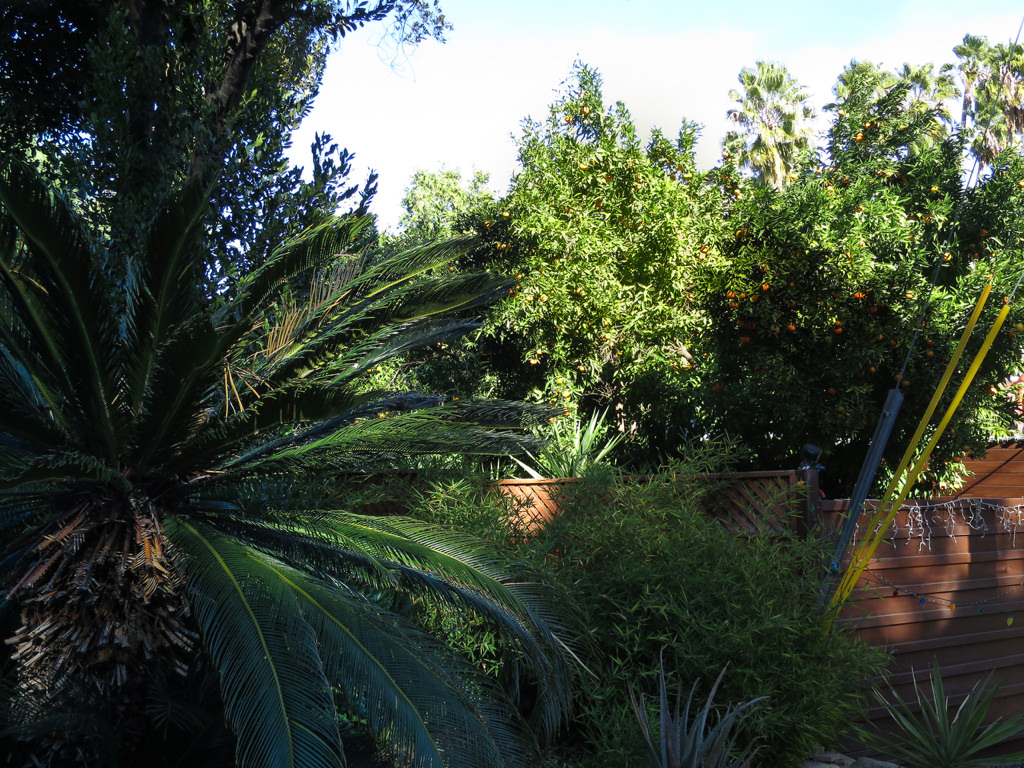Citrus reticulata
(Citrus clementina)
Clementine Mandarin, Clementine

It is said that mandarin oranges originated in the Indus Valley more than 3,000 years ago. The ancient Hindu system of medicine, Ayurveda, recognized the citrus’ capacity to enhance balance in bodily systems, and mandarin peel extract was used to make “happy oil” for effective relief of stress and anxiety.
The cheerfulness and sunny nature of this fragrant citrus soon found its way to South China, the Far East, and the Mediterranean. In China, mandarins were harvested in Mangshan (莽山), the subtropical regions of the Nanling Mountains (南岭), where the citrus peel was dried and used in traditional medicine to regulate the ‘qi’ (气; life force).
Beginning in the 18th century, trade routes and colonial expansions facilitated the introduction of exotic foods to Europe. According to British legend, it was a Chinese delegation that presented this orange citrus as a gift to the royal court of King George III, who began cultivating the citrus in his royal gardens. Supposedly, the language of the Chinese delegates and their orange-colored robes inspired British people to nickname the citrus gift ‘Mandarin’.
The Clementine is a vigorous shrub that thrives in full sun and moist, well-drained soil. Flowering takes place in spring, and fruit ripens late fall into winter. It is worth noting that the Clementine’s fruit, rich in fiber, calcium, potassium, and vitamin C, is more fragrant and tastes sweeter in areas with cooler summers. In Woodland Hills, the bright and joyful colors of this exotic citrus specimen are a lively addition to many garden landscapes.
Quick facts
Height: 8 to 12 feet
Width: 4 to 6 feet
Spacing: 6 to 8 feet
Soil: clay, loam, sand, moist but well-drained
pH: acid, alkaline, neutral
Exposure: full sun
Water: average


References
Gardenia. (n.d.). Citrus clementina (Clementine). https://www.gardenia.net/plant/citrus-clementina
Indigo Herbs. (n.d.). Mandarin Benefits. https://www.indigo-herbs.co.uk/natural-health-guide/benefits/mandarin
Sloat Gardens. (n.d.). Clementine Mandarin. https://sloatgardens.com/plants/citrus-reticulata-clementine/
Talon, M., Caruso, M., & Gmitter, F. G., Jr. (2020). The Genus Citrus. Woodhead Publishing. Excerpt Chapter: 1.3.4 Comparative analyses of citrus genomes: The example of evolution and domestication of mandarins. https://www.sciencedirect.com/topics/agricultural-and-biological-sciences/citrus-nobilis